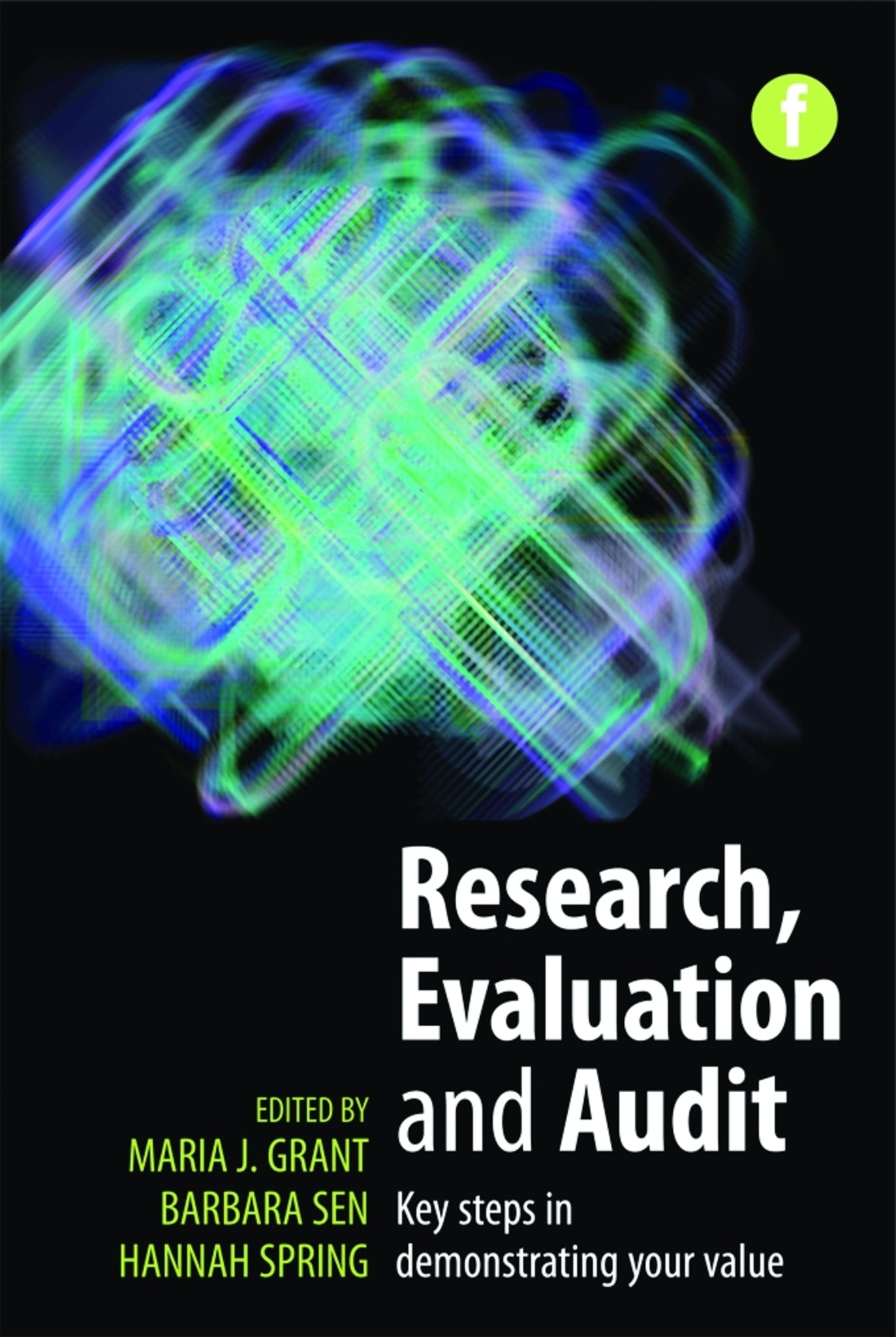We're sorry. An error has occurred
Please cancel or retry.
Research, Evaluation and Audit

Some error occured while loading the Quick View. Please close the Quick View and try reloading the page.
Couldn't load pickup availability
- Format:
-
23 April 2014

This handbook provides library and information professionals with the information they need to undertake research projects in the workplace in order to inform their own practice and improve service delivery.
Whether you are a complete novice or have experience of undertaking evaluations, audits or research, this book will guide you step-by-step through the key phases of planning, doing and disseminating research. The text is divided into three sections:
• Part 1: Getting started introduces the concepts, ethics and planning stages. • Part 2: Doing research, evaluation and audit explores the fundamentals of projects, including the literature review, qualitative and quantitative research methods, data analysis and research tools. • Part 3: Impact of research, evaluation and audit guides you through writing up your project, putting the results of your project findings into practice and dissemination to the wider community.
Written by academics and practitioners from a diverse range of sectors throughout the world, the book offers a thorough but common sense approach. Each chapter is structured to begin with a comprehensive introduction to a discrete topic area complemented with case studies drawn from a broad range of LIS contexts to illustrate the issues raised and provide transferable lessons to your own context. Whatever your experience, this book will support your project development and explain how evidence-based library and information practice is relevant to you.
Readership: This is the essential handbook for any librarian or information professional who wants to undertake research in the workplace in order to inform their own practice and the wider evidence base for library and information science. It’s also a useful guide for undergraduate and postgraduate LIS students undertaking their final year research project.

LANGUAGE ARTS & DISCIPLINES / Library & Information Science / General, Research methods: general, LANGUAGE ARTS & DISCIPLINES / Library & Information Science / Administration & Management, EDUCATION / Research, Library and information sciences / Museology

Foreword - Hazel Hall
PART 1: GETTING STARTED
1. What are research, evaluation and audit? - Barbara Sen, Maria J. Grant and Hannah Spring 2. Building confidence - Hannah Spring and Clare McClusky 3. Asking the right question - Sarah Coulbeck and Emma Hadfield 4. Writing your research plan - Miggie Pickton 5. Ethics and best practice - Elizabeth Buchanan and Stuart Ferguson
PART 2: DOING RESEARCH, EVALUATION AND AUDIT
6. Reviewing the literature - Michelle Maden 7. Qualitative approaches - Alison Pickard 8. Quantitative approaches - Christine Urquhart 9. Data analysis - Jenny Craven and Jillian R. Griffiths 10. Tools to facilitate your project - Maria J. GrantPART 3: IMPACT OF RESEARCH, EVALUATION AND AUDIT 11. Writing up your project findings - Graham Walton and Maria J. Grant 12. Disseminating your project findings - Jane Shelling 13. What next? Applying your findings to practice - Robert Gent and Andrew Cox Closing remarks - Maria J. Grant, Barbara Sen and Hannah Spring



